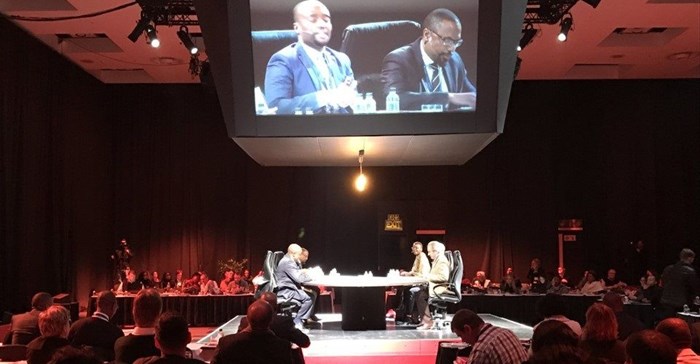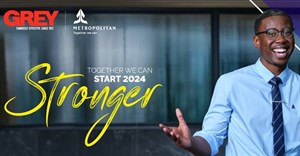SA's biggest board-meeting to address youth unemployment and education
Some of the country’s most prominent public and private sector business leaders, as well as government officials including Mmamoloko Kubayi-Ngubane, minister of science and technology, and Enoch Godongwana, chairperson of the ANC sub-committee on economic transformation, will be getting together at the event described as SA’s biggest board-meeting.
Nontokozo Madonsela, chief marketing officer of MMI Holdings says “As an African country, we have one of the youngest and fastest growing youth population in the world. Our youth unemployment rate is, however, unacceptably high and we need to do more to help our young population become better prepared for the world of work and business. The solutions to our youth unemployment challenge need to be approached from different angles including the recently launched Youth Employment Service initiative and as MMI we have committed to doing our part as well.”
Public sector education is essential to changing our future
Adriana de Roock, MD of Greymatter & Finch agrees, pointing out that inequality and a constricted budget hamper South Africa’s dissemination of education and that historically education has been limited or inaccessible for the majority of South Africans. “Current problems include financial constraints, corruption and public schooling’s low standards compared to private schooling. With a 27% unemployment rate in a population of 56.5 million, it is self-evident that public sector education is essential to changing our future,” she says.
And while it may appear that the onus lies squarely on the government to fix these issues, the words of President Ramaphosa’s inauguration speech are seeming to resonate as citizens acknowledge the need to be part of the solution.
Jithendra Maharaj, senior academic at Mancosa [GSB] says that “rising unemployment exacerbates the anathema of socioeconomic and political challenges our new president faces. Private citizens, the majority stakeholders of the economy, have a civic duty to strengthen the economy via improved personal spending, diligent payment of taxes and job creation.” He says, “National challenges rest not with any single stakeholder; collective action is required from all sectors.”
“As juristic persons within this country, organisations form an integral part of the broader society. This status confers rights, obligations and responsibilities on the organisation towards society and the natural environment on which society depends,” adds Parmi Natesan, executive: Centre for Corporate Governance at the Institute of Directors (IoDSA).
Bridge the gap
“Challenges around education and unemployment fall within this ambit. The notion of corporate citizenship recognises that the organisation is licensed to operate by its internal and external stakeholders, and by society in the broad sense. There is an interdependent relationship between the organisation and its stakeholders, and the organisation’s ability to create value for itself depends on its ability to create value for others,” Parmesan says.
De Roock believes that South Africa’s future depends on educating children from pre-primary age, and that a child with no exposure to social assimilation and basic educational principles is already at a disadvantage when joining Grade 1.
“This is where private citizens and businesses carry a responsibility to bridge the gap between the present and future. This can be done by, among other things, donating to reputable institutions who support these initiatives; appointing interns; or creating entrepreneurial learning environments. Current BEE requirements can hamper this support by hobbling SMEs and burdening them with ‘forced reform’ through unaffordable financial requirements – resulting in possible job loss, limited resources for employment thereafter and, as such, access to education. Here the cycle begins again,” says De Roock.
The debates and discussions will continue at The Directors Event, taking place at the Sandton Convention Centre on 8 June 2018. To view the 2018 agenda, speaker profiles, or to book tickets, click here.


















